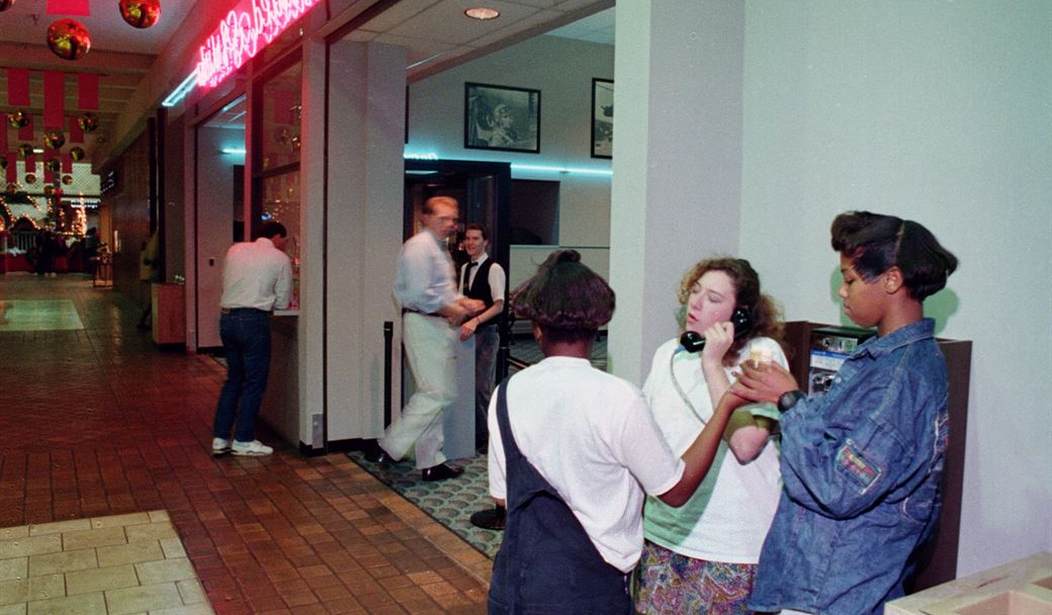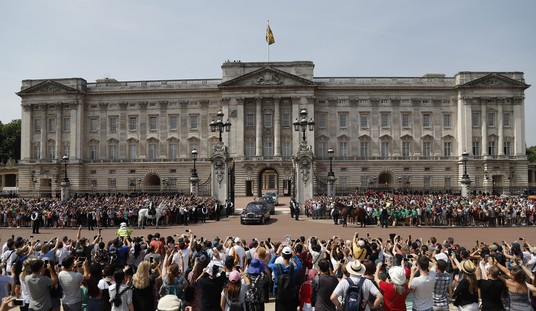Film directors, producers, and actors have joined forces with movie theater corporations to beg Congress for a bailout. In a letter sent to both the Senate and the House, the movie industry said that without a bailout, “theaters may not survive the impact of the pandemic.”
Most theaters outside of Los Angeles and New York City have reopened with limited capacity. But the industry says up to 69 percent of small and medium-sized theaters will either go bankrupt or be out of business entirely unless they get financial help.
The letter was signed by more than 70 directors and producers along with the National Association of Theater Owners, the Directors Guild of America and the Motion Picture Association.
The pandemic forced movie theaters to close their doors in mid-March. Big chains including AMC Entertainment and Cineworld Plc’s Regal Cinemas have reopened, with reduced capacity, in many U.S. cities, but not in the biggest markets of Los Angeles and New York City.
Efforts to get Americans back into theaters have proved disappointing, and Hollywood studios have delayed the release of big movies like “Black Widow” and “Top Gun: Maverick” to 2021.
No dollar amount has been suggested, although the industry says it would be far cheaper than bailing out the airlines.
“We want our policy makers to know that at the end of this thing, when people have been cooped up in their house for several months, they’ll need a break to go out and do something collectively that’s affordable and fun and away from what they’ve just been through,” Fithian told AP. “But we still need to be viable.”
The theaters are requesting loan guarantees for exhibitors, tax benefits for employees, and funds to compensate for lost ticket sales and concessions.
Will movie theaters go the way of blacksmiths, wheelwrights, and carriage makers? Attendance at theaters had been going down before the pandemic. One big reason is that going to the movies is no longer a “cheap date.” A couple can spend up to $75 to go to a film that will be out on cable in a couple of months or streaming simultaneously with its exhibition in theaters.
The product also leaves a lot to be desired.
But all that aside, it may be that even with a vaccine and no government restrictions, people will avoid crowds anyway. Not only that, people have found alternative ways to entertain themselves while at home. What’s killing cable TV could very well kill movie theaters: an explosion of entertainment choices that dilutes the theater experience.
Perhaps the future of film will be in its past — the drive-in movie experience. Drive-ins had all but disappeared in the previous four decades. The industry had been slow to adapt to the revolutionary changes in video and audio, although the quality of the movie experience in many of them had improved dramatically since the 1970s when the little soundboxes and analog images made it hard to watch.
It may be that the “blockbuster” release is a thing of the past. That spells doom for a lot of filmmaking companies. It will drive down the actors’ salaries and scale back the size of movie projects.
And perhaps Hollywood’s hold on our culture will slip a bit.
A Weary America Braces for More Pandemic Lockdowns










Join the conversation as a VIP Member